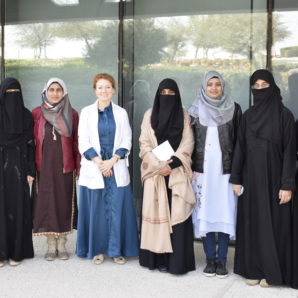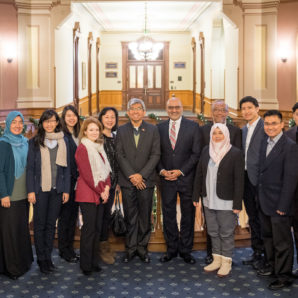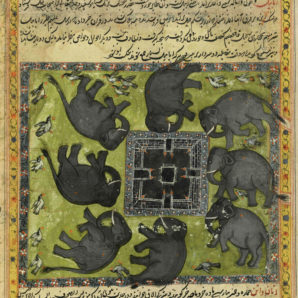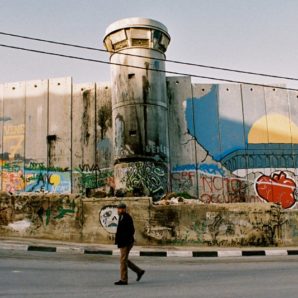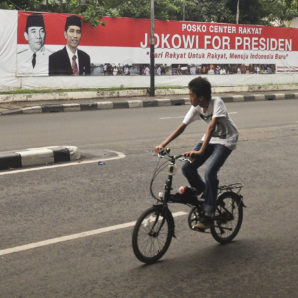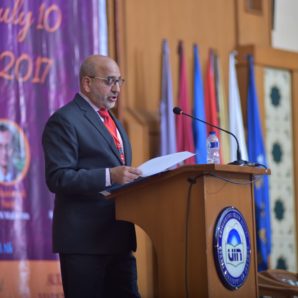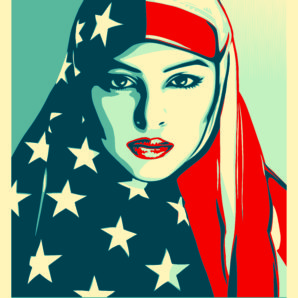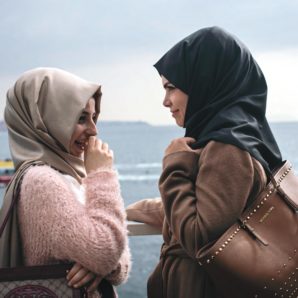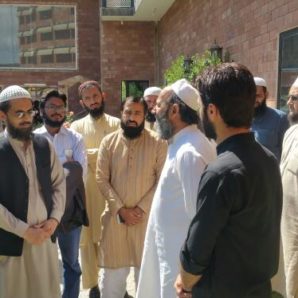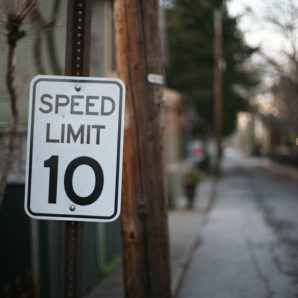
Freedom: An Intercultural Definition
Series: Madrasa Discourses Peace Lab
Imagine you’re a young Christian woman from the United States. A veiled Pakistani woman tells you that she has more freedom than you. How would you react?
Read More →
Imagine you’re a young Christian woman from the United States. A veiled Pakistani woman tells you that she has more freedom than you. How would you react?
Read More →
